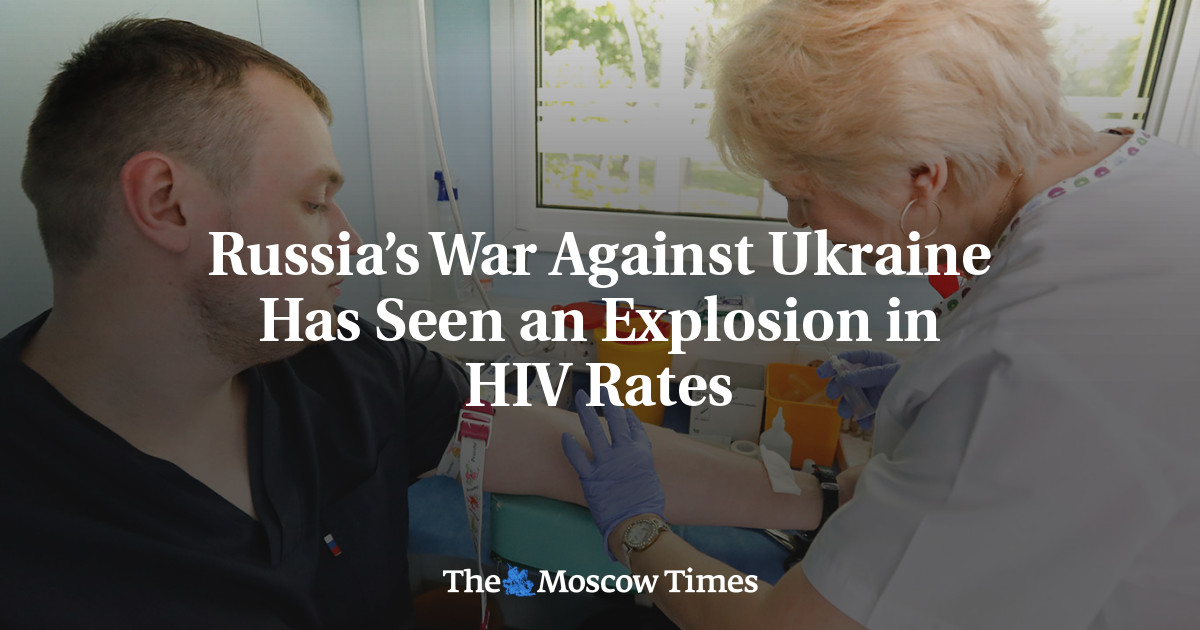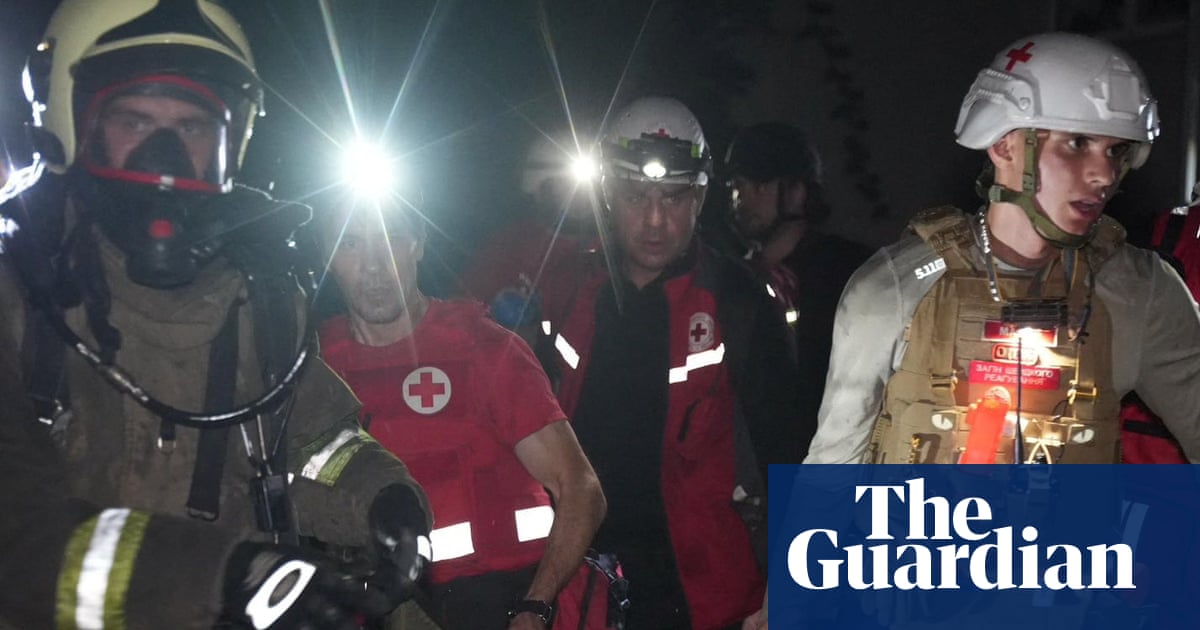T4K3.news
HIV rates in Russia rise sharply during war
Military HIV cases have increased over forty times since the start of the conflict in Ukraine.

The conflict in Ukraine has exacerbated Russia's HIV epidemic, raising urgent public health concerns.
HIV Rates Soar in Russia Amid Ongoing Conflict
The war in Ukraine has dramatically worsened Russia's already dire HIV situation. Reports indicate that HIV cases among military personnel have increased over fortyfold since the war began. Before the invasion, more than one million Russians were living with HIV, a number that has continued to rise. Efforts to combat the epidemic have faltered due to a lack of political will and resources. The Health Ministry's budget for HIV prevention has seen cuts, leading to underfunded treatment options. As a result, less than half of those in need of antiretroviral therapy now receive it. This fall in treatment can lead to drug resistance, making the situation even more concerning. The war has also fueled stigma against the LGBTQ+ community, which complicates efforts to address the epidemic. Recent data reveals that not only are military personnel at risk, but the general population may be facing a similar surge in infections.
Key Takeaways
"The number of new HIV cases detected in the Armed Forces grew fivefold from the first quarter of 2022 to the fall of the same year."
This statistic highlights the alarming rise of HIV within Russia's military, indicating a severe public health issue.
"The wartime wave of repression against civil society proved to be the final nail in the coffin of Russia's already weak system of assistance for people living with HIV."
This quote emphasizes how government policies have worsened the HIV epidemic in Russia.
The surge in HIV cases during wartime reveals significant weaknesses in Russia's public health infrastructure. The failure to provide adequate health care for military personnel indicates a broader disregard for the well-being of those in conflict. The increase in stigma against at-risk populations, particularly LGBTQ+ individuals, undermines efforts to address the epidemic effectively. As military priorities shift, the possibility of widespread HIV transmission within the general population increases, posing a long-term threat not only to public health but also economic stability. Without a concerted effort to improve testing, treatment, and acceptance, this crisis could escalate.
Highlights
- Russia's HIV crisis deepens amid conflict and stigma.
- Military personnel face unprecedented HIV rates during the war.
- Stigmatization costs lives in Russia's HIV epidemic.
- A political will is essential to combat Russia's growing HIV crisis.
Risk of Public Health Emergency
The rise of HIV rates in Russia amid the ongoing conflict raises concerns about a public health emergency. Lack of treatment options and increasing stigma hinder efforts to combat the epidemic effectively.
Russia's HIV crisis remains a critical public health concern that needs urgent attention.
Enjoyed this? Let your friends know!
Related News

Job growth slows as tariffs impact U.S. economy

MMK profits plummet as Russia's economy falters

New sanctions placed on Russia following drone strike in Odesa

Supreme Court overturns convictions of two City traders

Mortgage approvals increase as housing market stabilizes

Britons report rising concerns about global safety

Car dealerships in Russia shut down as sales drop by 28%
Russia boosts drone strikes against Ukraine
